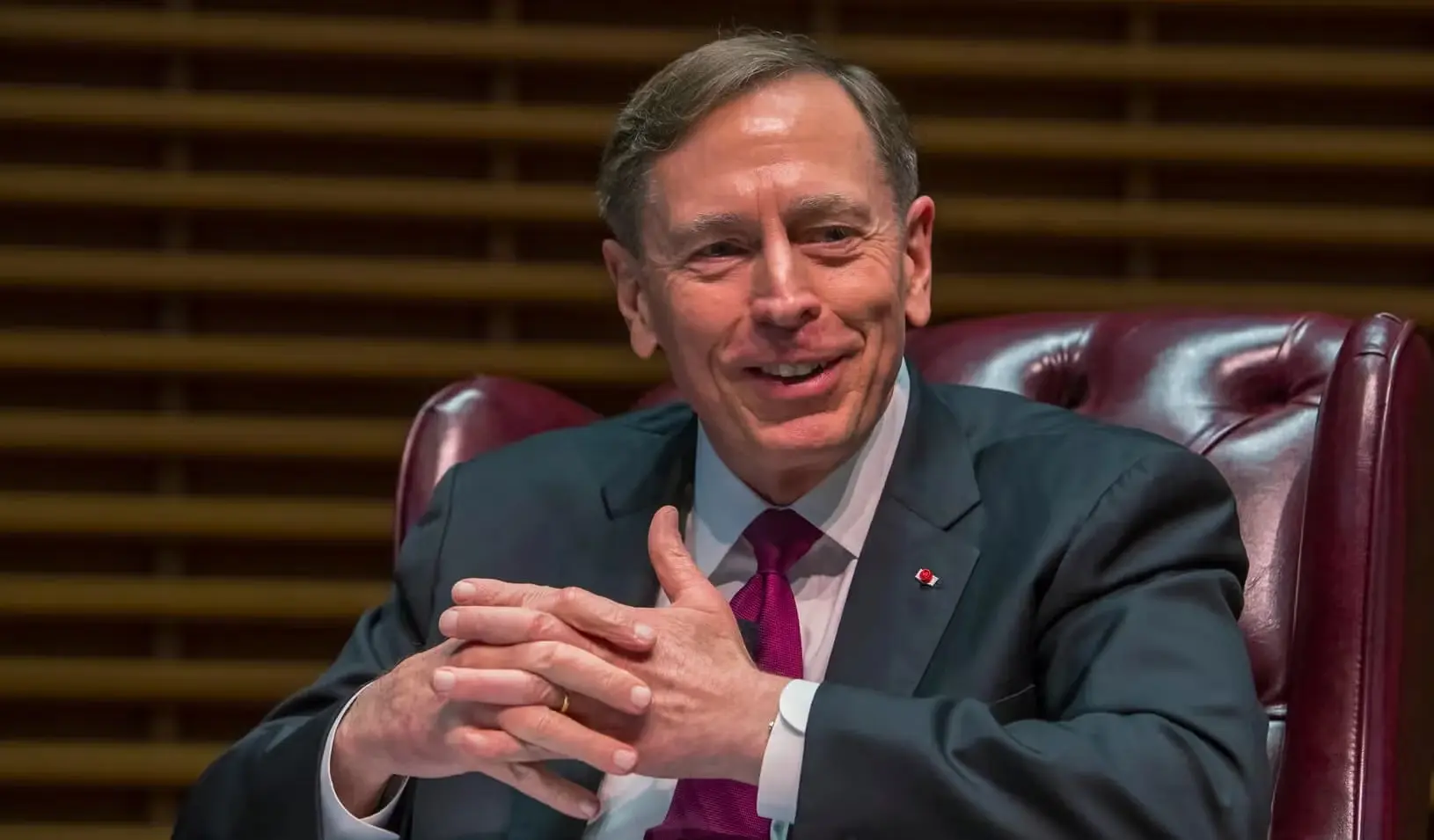*We are now accepting new clients for the 2026-27 cycle! Sign up here.
X
As much as we deign to use absolutes, there is at least one principle we can think of that is absolutely non-negotiable in law school admissions. Regardless of your qualifications, breaking this rule can tank any applicant's chances—this episode of Status Check with Spivey discusses that rule.
Mike mentions our blog post predicting the 2023-2024 admissions cycle in this episode—you can read those predictions here. You can find our interview with Terry Real, which Mike also mentioned in this episode, here.
You can listen and subscribe to Status Check with Spivey on Apple Podcasts, Spotify, Stitcher, YouTube, and Google Podcasts.
Welcome to Status Check with Spivey, where we talk about life, law school, law school admissions, a little bit of everything. As we're just about to enter the new 2023-2024 law school admissions cycle, there's going to be a lot of change, and we've talked a lot about that change. We’re about to talk more about that change, but I wanted to actually focus on the singular—or maybe the most important—non-negotiable aspect to law school admissions.
So, I heard a CEO of a company recently give an analogy, which I love, which is his lighthouse analogy. So there's a story of this lighthouse and this ship, and they're out in the ocean, it's dark, and they're miles apart, and the lighthouse gets a radio message, “Change your course 30 degrees,” and the lighthouse radios back, “No, you need to change your course 30 degrees.” And then the ship radios back, “Look, we're a four-star class HMS ship, you change your course right now.” And then the lighthouse of course radios back, “We’re a lighthouse.”
So what is the lighthouse in law school admissions? And this story actually piggybacks very well off of it, this analogy. It's how you treat admissions officers. Because there's a lot of things in admissions outside of your control, a ton outside of your control. One of the reasons I like what we do is your essays, your interviews are more in your control. But the thing that's singularly always in your control is how you would treat admissions officers, the people making the decisions. And here's the amazing thing about this. For many years of my career, because I was an admissions officer, I traveled with admissions officers, and we all had nightmare stories about people who were going to be admitted, and they were rude to the front desk people of the admissions office, were rude in an email, were rude in a phone call, or they were one-uppity like that ship I just alluded to. Their numbers were high, so they were so grandiose in how they approached a school, almost like, not looking people in the eye and their head up like the person was an afterthought, rude to students, rude to faculty. I don’t know how else to say this, but we're all equal here on planet earth, right? I’ll quote Terry Real, who had a wonderful podcast on our show about self-doubt. “You're here, I'm here, congrats. We both made it, no different than anyone else.” You're going to have bad moments in the admissions process; that's true for almost everyone. Best case scenario, those bad moments might be waiting and waiting. Anna Hicks, our COO, interviewed in three parts someone going through the admissions process, and she was admitted to every school she applied to including Yale. But she had bad moments, because she was admitted later than a lot of posts that popped up early on Reddit, and of course her mind understandably registered, uh-oh, what’s going wrong? Because people are getting admitted to schools, I’m above the medians and I haven't yet, and it’s October. She ended up going something like, I don't know word for word, but she didn't get a single denial. So that's the easy part. But it's not easy while waiting. On the flip side, you might get an early admission and then four denials in a row, and that might cause you to act a little bit more with worry.
We're going to have an upcoming podcast on worry towards the school, and worry often comes out not as positive messaging to the school. And in the worst case, maybe you've been admitted to five schools but you haven't heard from two, and we've seen this. I'm not saying you, the person listening to this, because most people are extraordinarily kind, but 100%, people have done this. They start acting uppity to those two schools. “Why the wait? I'm 5 for 5 in the admissions process. What's the slow-up on your end?” Why would you ever risk something incredibly important to you? Please don't. Another analogy would be like, I never attack people online. There's no win in it. Doesn't even feel good. And now when people falsely attack me online, which happens from time to time—this is part of anyone in the professional world, it’s going to happen to a lot of people listening to this—I just don't respond. I'm like 0 for 12 in responding. So why would I respond? I mentioned Anna Hicks, our COO, I was—one day I think I was having a bad day, and I was totally faking it, and I finally was like, “You know what Anna, I'm just faking it. This is a stressful day.” But sometimes you have to fake it with admissions if you're having a bad day, because upbeat, ebullient, likeable people—believe it or not, in my 24-25 years of doing this—when things are equal, particularly on the waitlist when all the medians are locked in and a law school wants to admit someone, it's the people who have interacted and are upbeat, professional, but happy manner with the admissions office that get admitted. And now the LSAT metric has been halved as far as U.S. News weight, the GPA metric has been halved. Our best guess is—and Dean Z mentioned this in one of our two podcasts we did recently—there may be more admitting off the waitlist based on softs or based on just people who, how you interact with the law school.
So this is non-negotiable—and I’ll stop belaboring the point; I just heard that lighthouse analogy and I hit record on my phone. And it might come across as a little bit preachy, and I want you to know that obviously I have bad days, you have bad days, everyone on this planet has bad days. I'm not trying to tell anyone how to live their life or how to voice their frustrations. My point is simply this: the lighthouse in this analogy is a positive attitude, even in the thick of things when things get hectic and tense. And they do. And this is going to be a very slow cycle; our prediction blog is coming out soon. [Editor’s note: that prediction post is up now, here.]
As the cycle progresses, things are going to get tense. People are going to say things that might offend you or hurt you, and me too, for that matter. I think that it's completely fine to be yourself amongst your inner circle. It is incredibly value-added to be happy, upbeat, positive in any interaction with any law school. I hope this was helpful. This is Mike Spivey, the Spivey Consulting Group.


In this episode of Status Check with Spivey, Dr. Guy Winch returns to the podcast for a conversation about his new book, Mind Over Grind: How to Break Free When Work Hijacks Your Life. They discuss burnout (especially for those in school or their early career), how society glorifies overworking even when it doesn’t lead to better outcomes (5:53), the difference between rumination and valuable self-analysis (11:02), the question Dr. Winch asks patients who are struggling with work-life balance that you can ask yourself (17:58), how to reduce the stress of the waiting process in admissions and the job search (24:36), and more.
Dr. Winch is a prominent psychologist, speaker, and author whose TED Talks on emotional well-being have over 35 million combined views. He has a podcast with co-host Lori Gottlieb, Dear Therapists. Dr. Winch’s new book, Mind Over Grind: How to Break Free When Work Hijacks Your Life, is out today!
Our last episode with Dr. Winch, “Dr. Guy Winch on Handling Rejection (& Waiting) in Admissions,” is here.
You can listen and subscribe to Status Check with Spivey on Apple Podcasts, Spotify, and YouTube. You can read a full transcript of this episode with timestamps below.


In this episode of Status Check with Spivey, Mike interviews General David Petraeus, former director of the Central Intelligence Agency and Four-Star General in the United States Army. He is currently a Partner at KKR, Chairman of the KKR Global Institute, and Chairman of KKR Middle East. Prior to joining KKR, General Petraeus served for over 37 years in the U.S. military, culminating in command of U.S. Central Command and command of coalition forces in Afghanistan. Following retirement from the military and after Senate confirmation by a vote of 94-0, he served as Director of the CIA during a period of significant achievements in the global war on terror. General Petraeus graduated with distinction from the U.S. Military Academy and also earned a Ph.D. in international relations and economics from Princeton University.
General Petraeus is currently the Kissinger Fellow at Yale University’s Jackson School. Over the past 20 years, General Petraeus was named one of America’s 25 Best Leaders by U.S. News and World Report, a runner-up for Time magazine’s Person of the Year, the Daily Telegraph Man of the Year, twice a Time 100 selectee, Princeton University’s Madison Medalist, and one of Foreign Policy magazine’s top 100 public intellectuals in three different years. He has also been decorated by 14 foreign countries, and he is believed to be the only person who, while in uniform, threw out the first pitch of a World Series game and did the coin toss for a Super Bowl.
Our discussion centers on leadership at the highest level, early-career leadership, and how to get ahead and succeed in your career. General Petraeus developed four task constructs of leadership based on his vast experience at the highest levels, which can be viewed at Harvard's Belfer Center here. He also references several books on both history and leadership, including:
We talk about how to stand out early in your career in multiple ways, including letters of recommendation and school choice. We end on what truly matters, finding purpose in what you do.
General Petraeus gave us over an hour of his time in his incredibly busy schedule and shared leadership experiences that are truly unique. I hope all of our listeners, so many of whom will become leaders in their careers, have a chance to listen.
-Mike Spivey
You can listen and subscribe to Status Check with Spivey on Apple Podcasts, Spotify, and YouTube. You can read a full transcript with timestamps below.


In this episode of Status Check with Spivey, Anna has an in-depth discussion on law school admissions interviews with two Spivey consultants—Sam Parker, who joined Spivey this past fall from her position as Associate Director of Admissions at Harvard Law School, where she personally interviewed over a thousand applicants; and Paula Gluzman, who, in addition to her experience as Assistant Director of Admissions & Financial Aid at both UCLA Law and the University of Washington Law, has assisted hundreds of law school applicants and students in preparing for interviews as a consultant and law school career services professional. You can learn more about Sam here and Paula here.
Paula, Sam, and Anna talk about how important interviews are in the admissions process (9:45), different types of law school interviews (14:15), advice for group interviews (17:05), what qualities applicants should be trying to showcase in interviews (20:01), categories of interview questions and examples of real law school admissions interview questions (26:01), the trickiest law school admissions interview questions (33:41), a formula for answering questions about failures and mistakes (38:14), a step-by-step process for how to prepare for interviews (46:07), common interview mistakes (55:42), advice for attire and presentation (especially for remote interviews) (1:02:20), good and bad questions to ask at the end of an interview (1:06:16), the funniest things we’ve seen applicants do in interviews (1:10:15), what percentage of applicants we’ve found typically do well in interviews (1:10:45), and more.
Links to Status Check episodes mentioned:
You can listen and subscribe to Status Check with Spivey on Apple Podcasts, Spotify, and YouTube. You can read a full transcript of this episode with timestamps below.